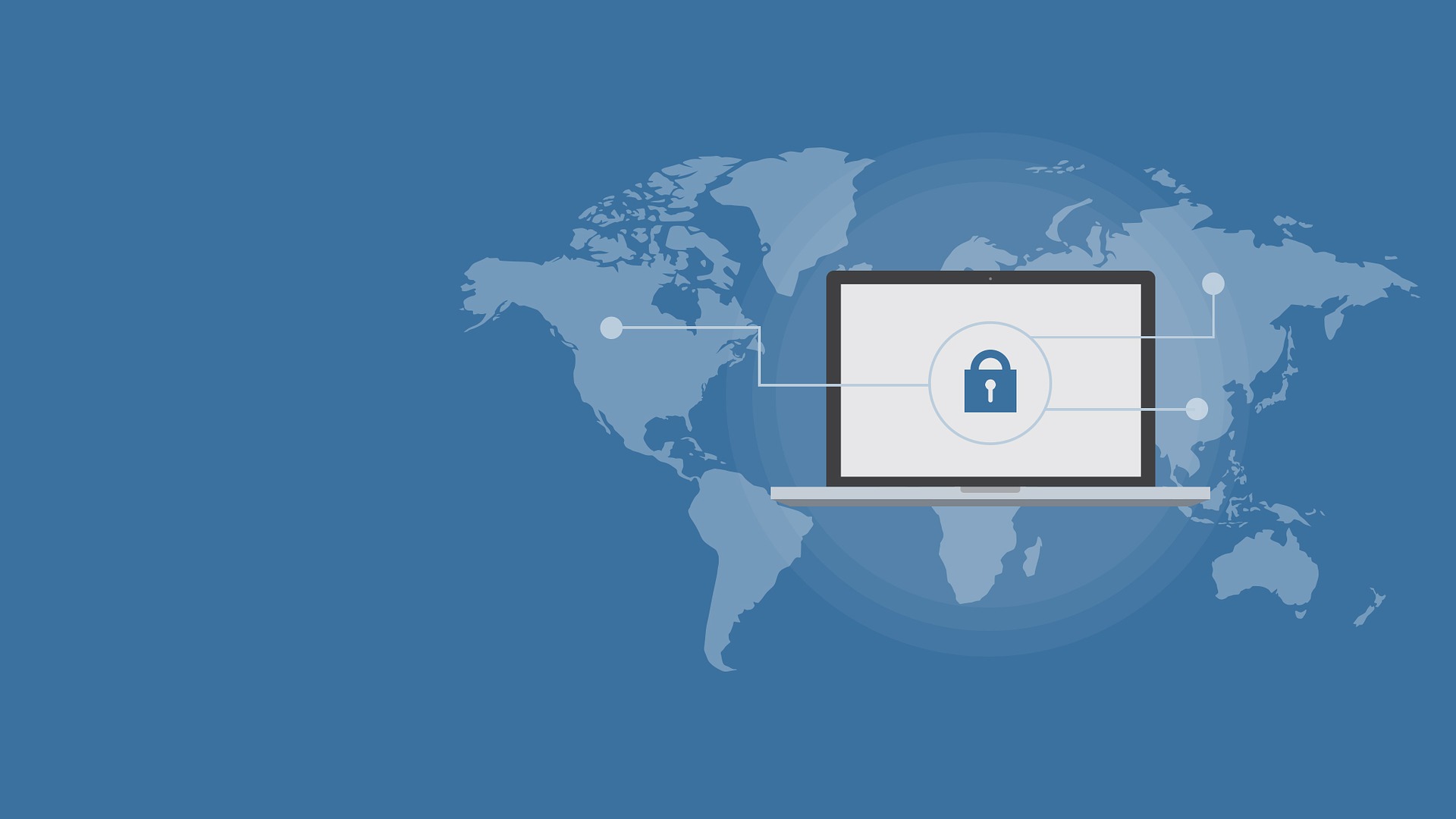Read on to find Q&A style mini-articles
Each look to answer frequent cyber questions. Such as those about scams, data theft, cyber security, privacy, financial crime and more. Enjoy!

Have you been scammed? Here are 5 actions to recover.
 - Liam R.
December 24, 2023
- Liam R.
December 24, 2023 Edited Jan 8, 2024
1. Act fast.
If financially related, contact your bank or card provider immediately to report the scam and ask them to freeze any transactions. If not financially related, contact the company or service the scam was first identified through to and advise them of the situation.
2. Get assistance.
IDCARE is Australia and New Zealand's national identity and cyber support service. They can help you make a plan (for free) to limit the damage. Call them on 1800 595 160 or visit their website to find out more. Also, if you're not happy with how your bank or financial institution has responded to your situation, you can complain to the Australian Financial Complaints Authority.
3. Warn others. 4. Be extra watchful. 5. Get support. NoteContinue Reading
Once you have secured your date and information, you can help to stop the scam or warn others by reporting the scam. You can also submit an official report to the police, if the scam fits certain criteria.
If scammers have been successful, they will try again with the same user.
Over 30% of all scam victims get scammed multiple times! If you've lost money to a scam, be extra wary of new scams. Including the popular method of a threat actor making contact under the pretense of assisting you in recovering lost money or data. Any such contact will be fraudulent and should be ignored & reported.
Being scammed is a horrible experience, and it can happen to anyone. If a scam is causing you problems with debt, talk to a financial counsellor. This is a free and confidential service to help get your finances back on track. If you need someone to talk to, reach out to family or friends.
"Australia is a soft target for scammers because we don't have the laws and systems in place to prevent scams from taking place" - Consumer Action Law Centre.
Cybercrime inflicted about USD$3 trillion worth of damages globally in the year 2015 alone. As incredible and awful as that is, the cost of damages is growing every year.
Despite cyber security experts working round the clock worldwide to fight this threat, the cost of damages already surpassed USD$6 trillion in 2021. These are sobering facts and it is why each one of use should proactively help to protect our data amd finances. Doing this will by extension protect our friends, family and community.

Can anything online really be secure?
 - Liam R.
January 10, 2024
- Liam R.
January 10, 2024 Edited Jan 12, 2024
Let's first look at the most common ways that online security and users privacy is breached.
The single biggest cause for data leaks, hacks and privacy breaches is phishing. Individuals and companies alike are a constant target for this cost effective and successful form of malicious action.
Phishing
In simple terms, phishing is when a threat actor pretends to be a trusted entity (e.g. a friend or a financial institution) so you perform some action (e.g. click a hyperlink) so that they can illegally obtain information from you. The ‘fishing’ metaphor refers to the concept of getting a user (you) on the hook and then reeling you in so they can get what they are after, which is typically private data.
These attacks almost always originate in an email or an instant message. Thankfully, it is easier to avoid falling victim to these hacks or scams than people think.
How to avoid being phished? Always look closely at the communication and check for any spelling or grammatical errors in the content.
Check for errors in the domain names (URL) or email addresses (e.g. @gmall.com rather than @gmail.com).
Think twice before clicking any links, if in doubt delete email or message immediately.
Cyber criminals often use threats that your security has been compromised or you’ve lost access to an account and they add a sense of urgency to have you miss the details. If you notice any of these signs always err on the side of caution and delete the communication. Never click on links (URLs) unless absolutely certain they are legitimate.
Continue Reading
Now lets take a look at the next two most common malicious actions taken or tools inflicted on users: malware and malicious smartphone apps.
Malware
Malware is hostile software that is there to compromise a system and steal data.
Such programmes perform functions like deleting data, modifying systems, secretly tracking user activity and more. Typically malware finds its way onto a device by users clicking on unknown links or installing pirated software, which leads to the downloading of these harmful programmes. Malware is usually categorised as either a virus, trojan, spyware or keylogger.
How do you safeguard your private data (and finances!) from malware?
First, use legitimate and highly rated anti-virus software. Next make sure automatic updates are enabled for your device’s operating system and for all your applications. This is so you get all security patches that are sent with any new updates. Never download any fake, pirated, or untrusted software as there is a decent chance it contains malware.
Malicious Apps
Malicious Apps are any apps downloaded onto a device that has malicious code, which runs without the users knowledge or consent. The common misconception that all apps available on Google Play or Apple’s App Store are safe and secure, is completely false.
A good example were apps that enabled your smartphone to act as a torch while actually extracting private data in the background before they were removed. The sophisticated illegal apps sometimes go as far as taking full control of your accounts (including finances), gaining access to the microphone and camera and can take full remote control of all your data. They can then steal, encrypt, or delete your private data. Sometimes they simply stay hidden to read and copy the data at will. This is not something anyone would want.
How do we spot and avoid these apps?
Always check the permissions before downloading an app and verify the developer is known. Check the reviews and ratings of the app seem legitimate. Avoid downloading any app if it has only a few downloads or reviews (e.g. less than several thousand). Never download apps from third party app stores or download pirated apps. Lastly, as always, if you are in any doubt, do not download the app, or if have, then delete it immediately from your device(s).
So how do we stay secure?
Be informed - this is why this very website exists. Follow the above tips - the goal is that they become habits that you eventually perform subconsciously. Being aware of phishing, malware, malicious apps and the tips above already gives you an advantage that most people don’t have.
Also, being aware of the hackers psychology. By this I mean to understand that they are looking for easy targets for efficient use of their time to get data or money. If you are harder than other targets in reach, they will move on before they even try. This is great, as deterrent to attempt is the best difference against any cyber crime.
I trust you have learnt something from this article and good luck out there!

Poem on Cyber Security
 - Liam R.
January 12, 2024
- Liam R.
January 12, 2024 Edited Jan 16, 2024
Cyber security is a must,
For when online there’s little to trust.
You should protect your data and devices,
To avoid the risks of cyber crises.
Security is a fortress that's hard to breach,
To keep your data out of reach.
It's like a lock that's hard to pick,
A code that's hard to crack or trick.
It's like a shield that's always there,
To protect you, with good software.
It's working hard to keep you safe,
From hackers that come from any place.
Online security can be compared to a fight,
But a battle is not always won by might.
You can respect the rights and rules of others,
Standing proud with your cyber brothers.
So, don't be scared of cyber threats,
Just keep your guard up and no regrets.
Stay safe and secure, my cyber friend,
For your security is ready to defend.
Zach & Jack There once was a hacker named Jack Zach had detected Jack's intrusionContinue Reading for another Poem
Who tried to break into a bank
But he then met his match
In a security eng named Zach
Who foiled his plan with a prank
And so sent him a fake solution
So Jack thought he'd succeeded
But in fact he'd been defeated
And then had to face legal prosecution
Stay secure out there.